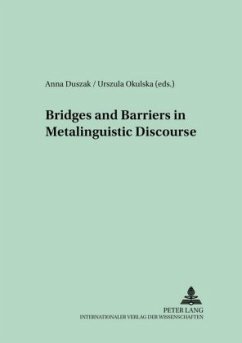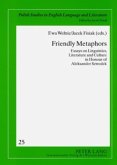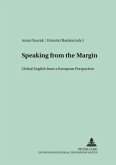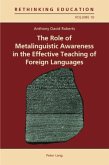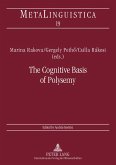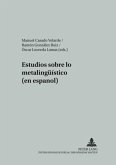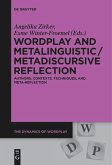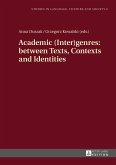Linguistics has found itself in the middle of a lively debate about its disciplinary integrity, its future and role in modern societies. The ongoing discussions thrive on impulses coming from within the field and from other disciplines that either inform linguistic expertise or are themselves informed by it. They are also encouraged by a growing language awareness of individuals and entire social groups. This collection of papers covers a wide range of linguistic topics, exposing and exploring the plurilingualism of today's meta-linguistic reflection. The topics in analytical focus include the apparent integrity and the fragmentation of linguistics, starting with the early conceptions of autonomy and modularity, and ending with their elaboration in terms of interdisciplinarity, transdisciplinarity and, more recently, postdisciplinarity of modern scholarship. The methodological pluralism of modern linguistics is shown to depend on what were and what are today the privileged modes of communication. The role of folk and expert knowledge is emphasized in the construction of metalinguistic theories and their social legitimization. Speaking up from a variety of perspectives, the contributions in this volume show that the ventriloquation of today's metalinguistic writings is best interpretable in terms of bridges and barriers in how the metalinguistic dialogue is pursued, whether on an internal or a cross-disciplinary basis.
Bitte wählen Sie Ihr Anliegen aus.
Rechnungen
Retourenschein anfordern
Bestellstatus
Storno

